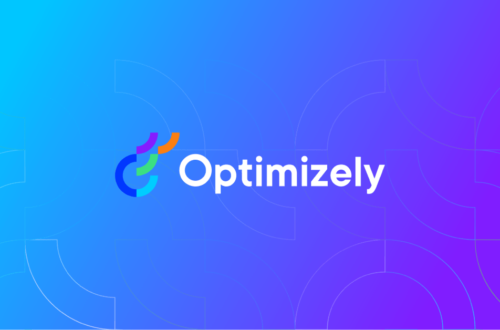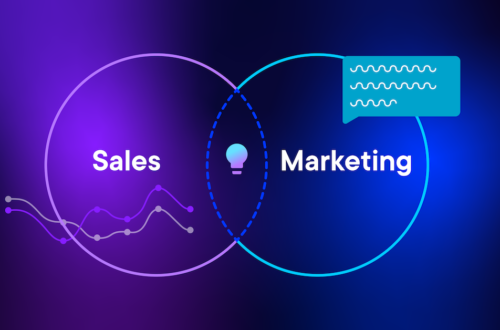
What is Performance Content Marketing? Take a Look!
What is Performance Content Marketing
Performance content marketing is a strategic approach that combines the storytelling and value-driven goals of content marketing with the measurable, outcome-focused objectives of performance marketing. It prioritizes content that directly drives actions such as leads, sign-ups, sales, or other defined conversions while maintaining relevance and usefulness for the target audience. The strategy aligns creative assets with clear business metrics and continuous optimization to maximize return on investment.
Core Principles
- Goal-driven content: Every asset is created with a specific, measurable objective in mind.
- Audience intent: Content is mapped to audience needs and purchase stages to accelerate conversion.
- Data-first decisions: Performance is tracked and creative choices are adjusted based on measurable outcomes.
- Cross-channel integration: Content is deployed across paid, owned, and earned channels to amplify measurable results.
- Iterative optimization: Hypothesis, test, learn, and scale cycles are standard practice.
Typical Content Formats and Tactics
- Lead magnets and gated content such as ebooks, whitepapers, templates, and webinars designed to capture contact information.
- Conversion-focused blog posts optimized for search intent and built with clear calls to action.
- Product comparison and demo content that reduces friction in the decision process.
- Paid distribution including search ads, social ads, and native placements to accelerate reach and drive specific actions.
- Email nurture sequences that move leads down the funnel with targeted content and tailored offers.
- Landing pages and content funnels optimized for clarity, trust signals, and conversion rate.
- Short-form assets and retargeting creative to recapture engaged users and prompt final actions.
Key Metrics and Measurement
- Conversion rate for each content piece or funnel stage.
- Cost per acquisition (CPA) to evaluate efficiency of paid amplification.
- Return on ad spend (ROAS) when content supports paid campaigns.
- Lead quality metrics such as lead-to-opportunity and lead-to-customer rates.
- Engagement signals including time on page, scroll depth, and content interaction rates.
- Attribution and incrementality analyses to understand which content actually drives incremental results.
How to Build a Performance Content Program
- Define business objectives and target actions.
- Map audience journeys and intent for each funnel stage.
- Develop content aligned to those intents with clear CTAs.
- Select distribution channels that match audience behavior and measurement needs.
- Implement tracking and attribution to capture conversion events.
- Run experiments at scale and iterate on formats, messaging, and targeting.
- Scale winning content while maintaining quality and relevance.
Benefits and Trade-offs
- Benefits: Predictable, measurable outcomes; faster justification of spend; tighter alignment between marketing and revenue goals; ability to scale effective content quickly.
- Trade-offs: Risk of prioritizing short-term conversions over long-term brand equity; potential over-reliance on paid amplification; increased need for analytics and tooling investment.
Common Pitfalls to Avoid
- Creating content that only sells and provides no audience value.
- Measuring vanity metrics instead of conversion-focused KPIs.
- Poor attribution that obscures which content truly drives results.
- Neglecting creative quality when chasing marginal improvements.
- Failing to test and learn systematically.
Performance content marketing is a disciplined blend of content craft and performance rigor that generates measurable business outcomes while still serving audience needs. The most effective programs balance creativity with analytics, short-term conversion goals with long-term brand building, and rapid experimentation with continuous optimization.





